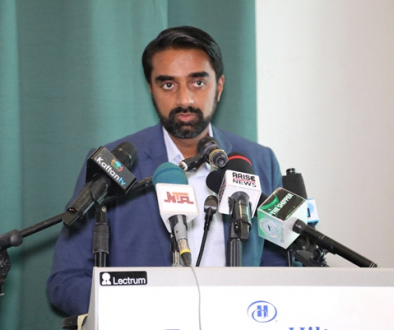Nigeria’s Feedback Culture
Recently at the Convention of Business Integrity, we had reason to administer an electronic survey to staff and suppliers of some listed companies. The survey was a questionnaire designed to elicit the stakeholder’s assessment of the company’s integrity. Till date, we have recorded response rates of about 40 percent in case of staff and about 20% in the case of suppliers, despite several reminders. The reason for this low response rates include technological hiccups such as emails not being delivered, and in a few cases respondents complained that they could not open the link. However, the larger reason for this response rate is that in Nigeria we have not developed an adequate culture of feedback.
Anecdotal evidence to support this is the fact that most foreign companies that we sent the surveys to completed it within a day, emailed to thank us for the opportunity to give such feedback and called to ask for clarifications when needed, Among this sub-population, the ballpark response rate is as high as 60%. To be sure, some Nigerian companies and individuals also filled the survey promptly but most of them were reticent about filling an online form even though they were assured that no personal information was required and the form could be filled anonymously. Although the pervasive 419(internet fraud) menace contributes to this attitude, Nigerians need to develop a proclivity for giving feedback.
If we do not give feedback, how then can we expect an improvement in the performance of the various companies that transact with us? . Likewise, it is often said that what cannot be measured cannot be managed. Feedback provides organizations with a veritable measure of their performance or the perception thereof. Surveys are a great way to give feedback and they are usually quick and easy to complete. Various uses of surveys include customer satisfaction surveys, human resources surveys, marketing research, services evaluation, and academic research, etc.
Also, surveys are a great way to collect data that can be used for resource planning. For example, it was in the news recently that Lagos state just began a residents’ survey. The results from such a survey would provide data that will help the government determine what the developmental needs and what the optimal ways to solve them are.
Of course, those administering surveys have a responsibility to reduce the burden of completing the survey by making it clear and succinct. On our part as individuals and corporates, giving feedback is better than crying hoarse with complaints that may never be heard
When next a survey comes your way with a noble objective, please take that three to five minutes to complete it. It helps raise the performance bar for everyone.
image credit: Synergita



